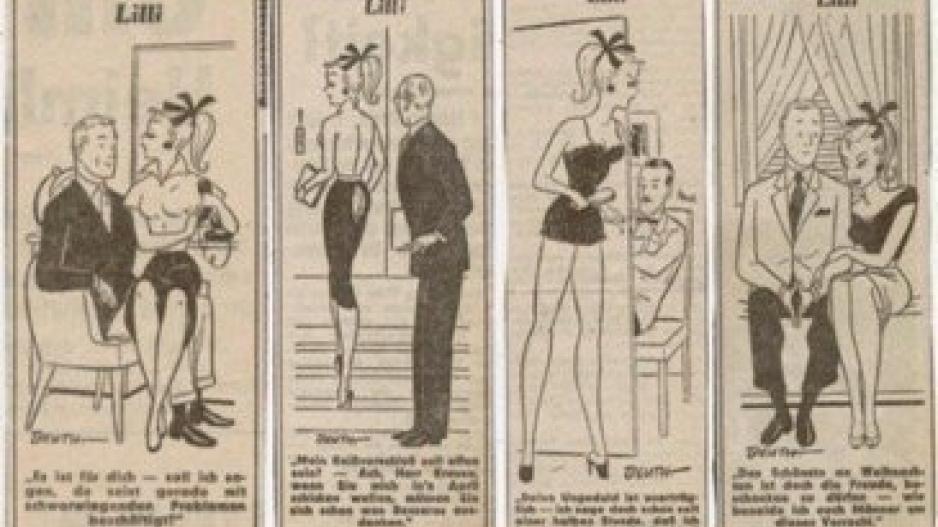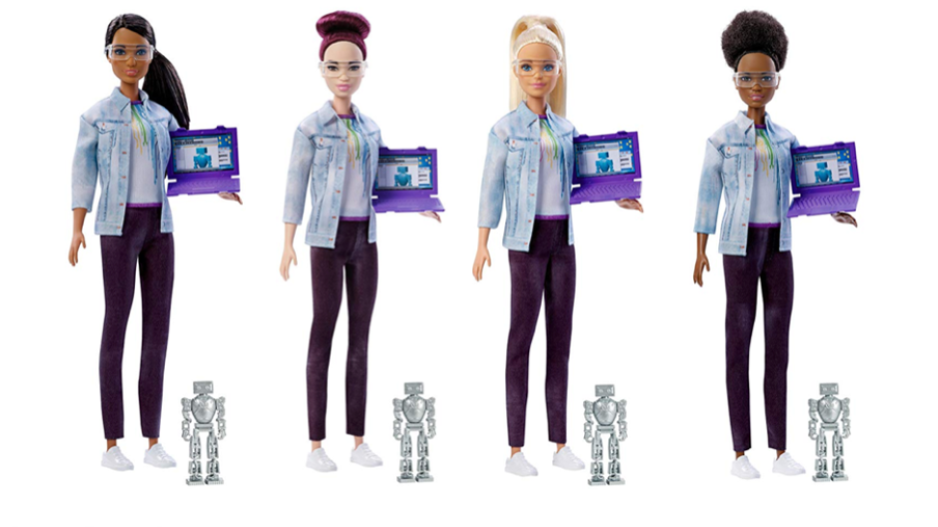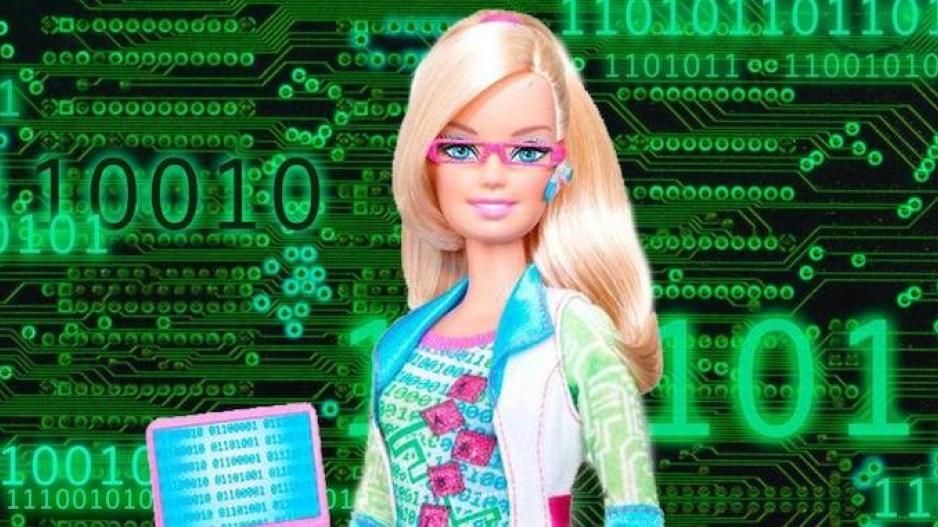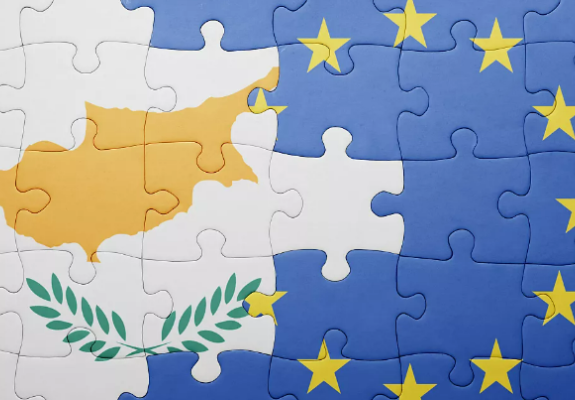Challenging Stereotypes: “Barbie Can't Code” Unveils the Doll’s Complex Legacy in the Digital Age
Joined by insightful guest speaker Maria Stylianou, this episode explores the nuanced history of the iconic Barbie doll and its convoluted relationship with female representation in technology and mathematics.
In a compelling exploration into the world of toys and their influence on societal norms and aspirations, the story of the iconic Barbie doll unfolds, revealing a tapestry woven with innovation, controversy, and transformation. Originating from the visionary mind of Ruth Handler, Barbie was born out of a desire to expand the horizons of imaginative play for girls beyond the restrictive boundaries of traditional paper dolls.
Barbie’s inception marked a departure from convention, introducing a doll with an adult woman’s physique, diverging from the prevailing norms of the toy industry. However, the journey through the decades has been tumultuous, as Barbie navigated waves of criticism centered around issues such as unrealistic body proportions, limited career representations, and a lack of racial and vocational diversity.

A notable chapter in Barbie’s history is marked by a controversial portrayal of the doll in the realm of technology and computing. A book published in 2010, "Barbie: I Can Be A Computer Engineer," became a focal point of criticism for perpetuating diminishing stereotypes about women’s roles and capabilities in the technological domain. The depiction of Barbie as technologically challenged and dependent on male assistance spotlighted broader issues related to gender representation in STEM fields.
In response to changing societal expectations and a growing awareness of the influence such icons wield, there has been a concerted effort to steer Barbie toward a more empowering narrative. New iterations of the doll have emerged, championing diversity and representation, with Barbies that embody roles such as game developers and robotics engineers. These evolved versions also celebrate real-life women pioneers in STEM, seeking to inspire and ignite the imaginations of young girls.
In the broader cultural landscape, Barbie has also been reimagined through mediums such as film, engaging with contemporary discourses around gender norms and societal expectations. These portrayals aim to critique and challenge established patriarchal structures, contributing to the ongoing conversation around gender roles and representation.

This intricate journey through Barbie's evolution offers a mirror to society's changing values and aspirations, reflecting broader dialogues around gender, representation, and possibilities in the unfolding narratives of the digital age. It is a testament to the transformative potential of icons in shaping perceptions, aspirations, and the imaginative landscapes of future generations.
Discover the profound insights and engaging discussions on "Breaking the 20%" as it unravels the intricate tapestry of women’s contributions and representations in the digital epoch. Listen to the enlightening episode, "Barbie Can't Code," in its entirety here.






